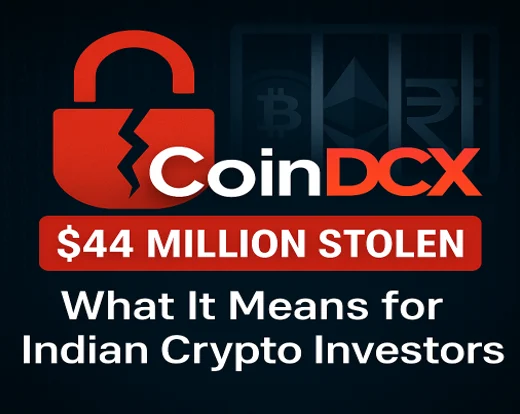
image credit forbes. https://www.forbes.com/profile/do-kwon/?sh=3bc44f2d1da3
Do Kwon, the man behind the massive cryptocurrency collapse, has been apprehended in Montenegro and faces multiple fraud charges.
South Korean Fugitive Arrested
Do Kwon, the fugitive from South Korea responsible for the collapse of TerraUSD and Luna tokens, has been arrested in Montenegro. This news follows accusations by US regulators earlier this year that Kwon and his firm, Terraform Labs, were involved in “orchestrating a multi-billion dollar crypto asset securities fraud.”
Violation of Capital Market Rules
In September of last year, South Korean authorities issued an arrest warrant for Kwon, as they suspected that Terraform Labs had violated capital market rules. Believing that Kwon was in Serbia, officials were dispatched to Belgrade to negotiate since the two countries do not have an extradition treaty.
False Name and Fake Documents
According to a tweet by Filip Adzic, the Interior Minister of Montenegro, Do Kwon, who was one of the most sought-after fugitives, has been apprehended at Podgorica’s airport. The suspect was reportedly traveling using a fake identity and forged documents, and authorities were still awaiting official confirmation of his identity at the time of the tweet.
Charges of Fraud and Misleading Investors
Multiple fraud charges have been brought against Kwon, including securities fraud, wire fraud, commodities fraud, and conspiracy, by US prosecutors. The indictment was disclosed publicly at the US District Court in Manhattan on Thursday, and Kwon’s lawyer did not respond to requests for comment from the BBC.
Collapse of TerraUSD and Luna Tokens
According to US financial regulators, in February, Kwon and Terraform Labs were accused of failing to meet their obligation to provide full, fair, and truthful disclosure as required for various crypto asset securities, with a particular focus on Luna and TerraUSD. According to reports, Kwon and his team allegedly made repeated claims that the tokens would increase in value, while deceiving investors about the stability of TerraUSD.
Heartbroken about the Pain my Invention has Brought
Last May, the value of TerraUSD and its linked Luna cryptocurrency experienced a significant drop, almost hitting zero, which led to a massive sell-off of major cryptocurrencies, including Bitcoin, Ethereum, and Tether. Following the collapse of TerraUSD and Luna tokens, the phrase “cryptocrash” gained popularity online. Kwon expressed his remorse at the time, stating, “I am heartbroken about the pain my invention has brought on all of you.”
Global Losses of $42bn
According to Elliptic, a blockchain analytics firm, investors around the world lost an approximate amount of $42 billion in TerraUSD and Luna. The arrest of Kwon is a critical development in the TerraUSD and Luna tokens’ collapse investigation, and investors will be closely following the proceedings to see what unfolds next.
Conclusion
The arrest of Do Kwon in Montenegro marks a significant step forward in the investigation of the collapse of TerraUSD and Luna tokens. Kwon, who had been on the run from South Korean authorities, now faces multiple fraud charges brought against him by US prosecutors. The collapse of TerraUSD and Luna tokens had a massive impact on global investors, with an estimated $42bn in losses. The arrest of Kwon brings a sense of closure to those who suffered due to the collapse, and investors will be watching closely to see how the legal proceedings unfold.







